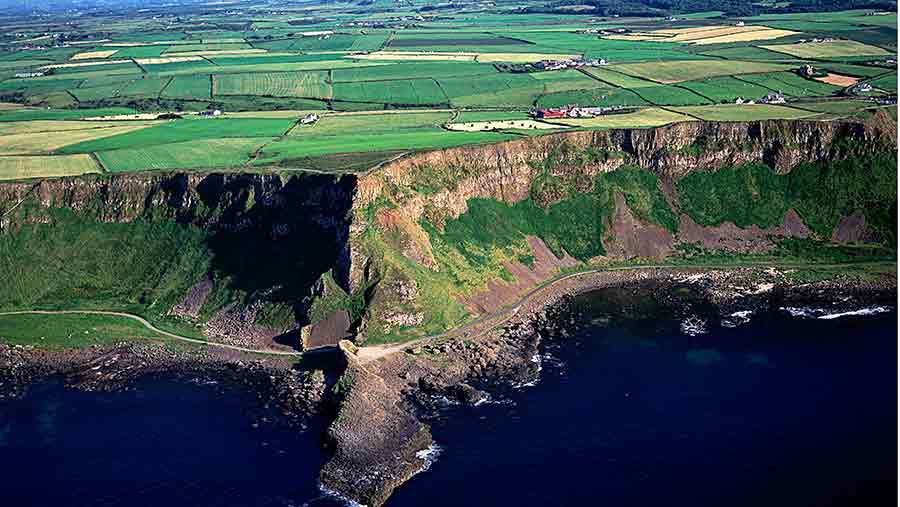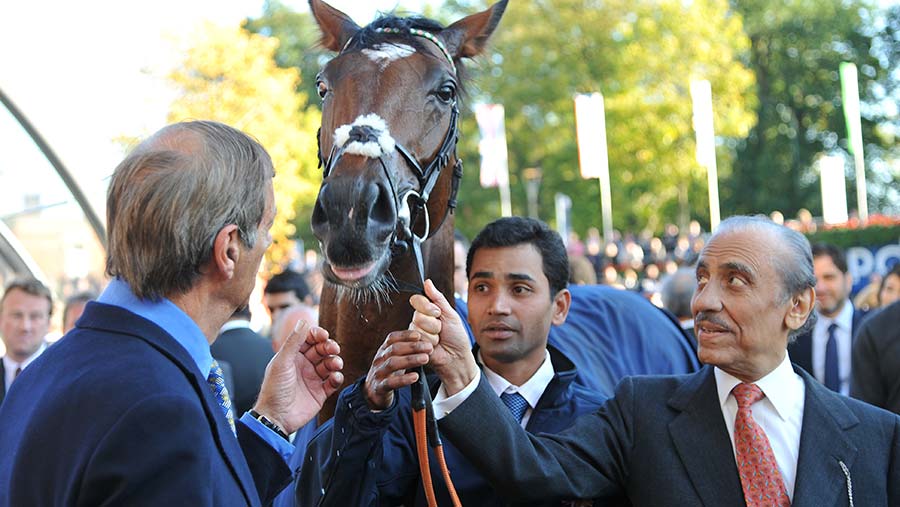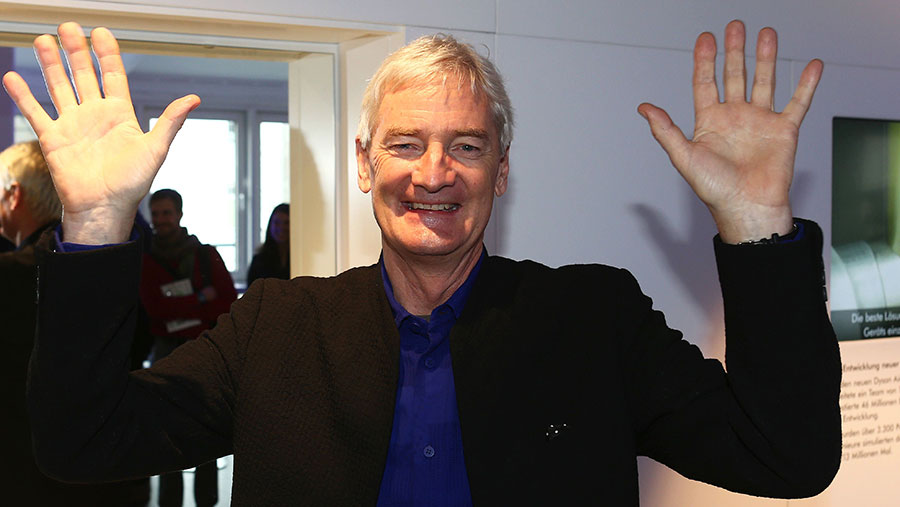Farm leaders defend subsidies amid Greenpeace criticism
 © Design Pics Inc/REX/Shutterstock
© Design Pics Inc/REX/Shutterstock Farm leaders have defended the need for direct payments funded by the UK taxpayers after a Greenpeace report revealed wealthy landowners, aristocrats and a Saudi prince were among the top recipients of CAP subsidies.
The Queen, Lord Iveagh, the Duke of Westminster, Duke of Northumberland, Saudi horse breeder Khalid Abdullah al Saud and others each received EU farm subsidies in excess of £400,000 last year.
Sandringham Farms, the 6,400ha estate owned by the Queen, received £557,706.52 and the Duke of Westminster’s estate, which is farmed by Grosvenor Farms Limited, received £437,433.96.
See also: Prepare now for less support post-Brexit, farmers told
Aberdeenshire farmer Frank Smart topped the list, receiving a total payment of nearly £3m (£2,963,732.77). Mr Smart farms about 34,400ha, from Aberdeenshire to the Western Isles, under his business Frank A Smart & Son.

Prince Khalid Abullah with his racehorse Frankel © Hugh Routledge/REX/Shutterstock
Two large estates owned by household goods billionaire Sir James Dyson, under the business name Beeswax Farming (Rainbow) Ltd, received £1,437,706.39.
A total of £87,927,951 was paid to the top 100 in 2015. Of this, £61,194,962 was given under the now defunct single payment scheme (SPS), meaning the top 100 recipients were paid more than the bottom 55,119 combined.
National Trust and RSPB in top 20
The National Trust, Natural England and the RSPB were all in the top 20. But Greenpeace said these organisations “used their subsidies for important conservation work such as managing habitats”.
These same organisations are calling for a post-Brexit policy that encourages landowners to do more for the environment and rewards those who are already farming in ways that benefit nature.
Greenpeace said its report showed the CAP continues to “reward major landowners and wealthy individuals on the basis of how much land they own” and only “minor weight” was given to environmental protection and the sustaining of food supplies in the rural economy.
But farm leaders hit back at the claims, insisting that large estate owners were increasingly being paid for the good work they do for the environment.

Billionaire Sir James Dyson
© Action Press/REX/Shutterstock
Large-scale landowners ‘best placed’ to help environment
Christopher Price, policy director at the Country, Land and Business Association (CLA), said: “Managing larger tracts of land can make a significant difference to enhancing our natural world because of the scale of operations.
“Vital environmental objectives such as improving water quality or increasing farmland bird populations require investment, so it is these larger landowners who are best placed to provide these benefits for future generations.”
Andrew Clark, NFU director of policy, said: “British farmers create a countryside that works for everyone. They are the primary food producers growing the raw ingredients for the UK’s food and drink sector, worth £108bn – and supporting jobs for 3.9 million people.
“The current financial support to farm businesses helps with the delivery of a secure food supply.
“We must remember… that the average support payment for a dairy farmer, for example, is £25,000/year while the average monthly running cost of a dairy farm is £40,000 – without taking wages.
“These farm businesses have roots that run through the rural community and their contribution is significant on both a local and national scale when it comes to the economy.”
The Conservative government has said it will ensure the level of direct payments paid to UK farmers remains the same until 2020. However, beyond Brexit, the level of farm support has yet to be agreed.
UK farms and organisations receiving most CAP in 2015 |
||
| Farm/organisation | Pillar 1 payments | Total CAP payments |
| 1. Frank A Smart & Son Ltd | £2,986,506 | £2,986,506 |
| 2. National Trust |
£2,666,880 |
£8,056,505 |
| 3. RSPB | £2,002,860 | £3,584,032 |
| 4. Farmcare Trading Ltd | £1,705,795 | £1,784,647 |
| 5. Beeswax Farming Ltd | £1,437,706 | £1,546,462 |
| 6. RJ & TJ & MT Feakins | £1,235,167 | £1,270,282 |
| 7. Blankney Estates Ltd | £1,130,101 | £1,690,411 |
| 8. Strutt & Parker (Farms) Ltd | £1,105,969 | £1,227,909 |
| 9. Waldersey Farms Ltd | £1,009,802 | £1,079,787 |
| 10. Sir Richard Sutton Estates Ltd | £994,244 | £1,149,586 |
| (Source: Greenpeace) | ||
